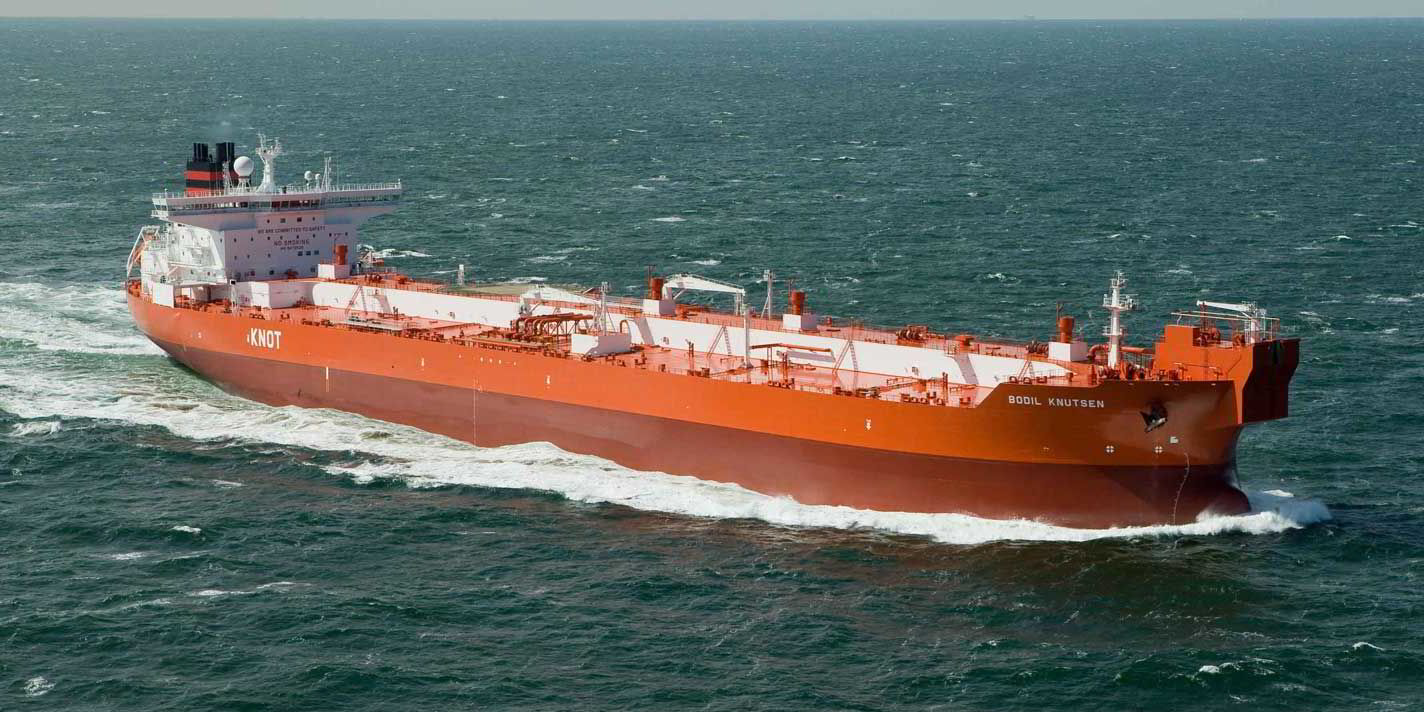KNOT Offshore Partners Chief Executive John Costain sees a “tight” market for shuttle tankers this year as oil production outside of Opec countries ramps up. But further growth may be a challenge as the company’s pipeline of dropdown candidates tapers off.
The Trygve Seglem-controlled partnership reported operating earnings that were better than Wall Street consensus estimates. In addition, the company announced the dropdown of the 157,000-dwt Tordis Knutsen (built 2016) from parent Knutsen NYK Offshore Tankers.
During an investor conference call, Costain says the partnership could also take over three more ships expected to be delivered this year. Knutsen NYK has on order two shuttle tankers from Hyundai Heavy’s Ulsan yard and one from Cosco Zhoushan. Two are on five-year charter to Shell and one to Petrogal.
“We have the capacity to do another dropdown,” Costain said.
Costain says the Tordis Knutsen and the to-be-delivered 157,000-dwt Vigdis Knutsen will both be used for Shell’s offshore production in Brazil, which has a total of 36 shuttle tankers in the region thanks to the dominance of offshore oil production.
Costain says Brazilian oil production will grow 9% this year as the country is not part of the global oil cut agreement. He added that some offshore operators like Petrobras are increasing their utilisation of shuttle tankers to deliver crude to other regional markets. That trend could help boost overall demand in sector. He also said ongoing drilling activity in the North Sea is also increasing utilisation in that market, which requires ice class vessels that will likely not trade in other markets.
“We are more likely to see a migration” of vessels to Brazil’s offshore oil fields, Costain said. “The North Sea is tight too.”
Whether those additional ships result in a higher distribution to unit holders is unclear. UBS analyst Spiro Dounis said the company’s “growth for the remainder of the year appears subdued as the dropdown pipeline tapers.”
“No distribution increase was announced despite executing two dropdowns and raising capital over the last two quarters,” Dounis noted.



